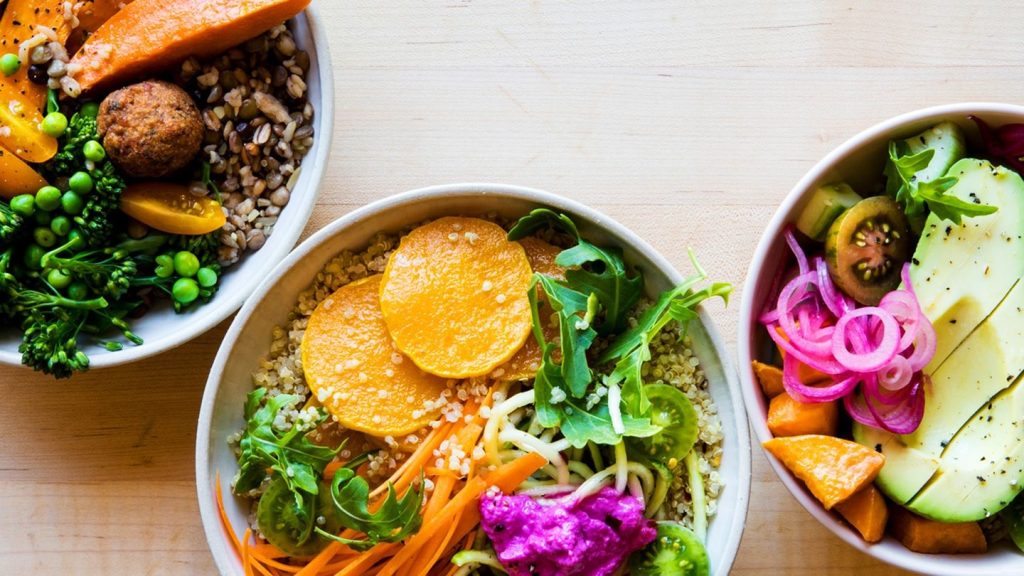Ever caught yourself scrolling through Instagram, drooling over those vibrant Buddha bowls and veggie burgers that look almost too good to be true? Or maybe you’ve overheard friends raving about their newfound energy and glowing skin after ditching meat and dairy. The plant-based lifestyle is undeniably having a moment, but is it all it’s cracked up to be?
If you’re curious but a little skeptical, you’re in the right place. There’s a lot of hype surrounding plant-based diets, and it can be hard to separate the facts from the fads. Are they really healthier? Can you get all the nutrients you need? And most importantly, can you actually enjoy eating this way without feeling like you’re missing out?
Let’s embark on a journey together, exploring the ins and outs of plant-based eating. We’ll debunk the myths, uncover the surprising benefits, and give you the tools to build a delicious and nutritious plant-powered plate. By the end, you’ll be equipped to decide if this lifestyle is the right fit for you – and if it is, you’ll be armed with the knowledge to do it right.
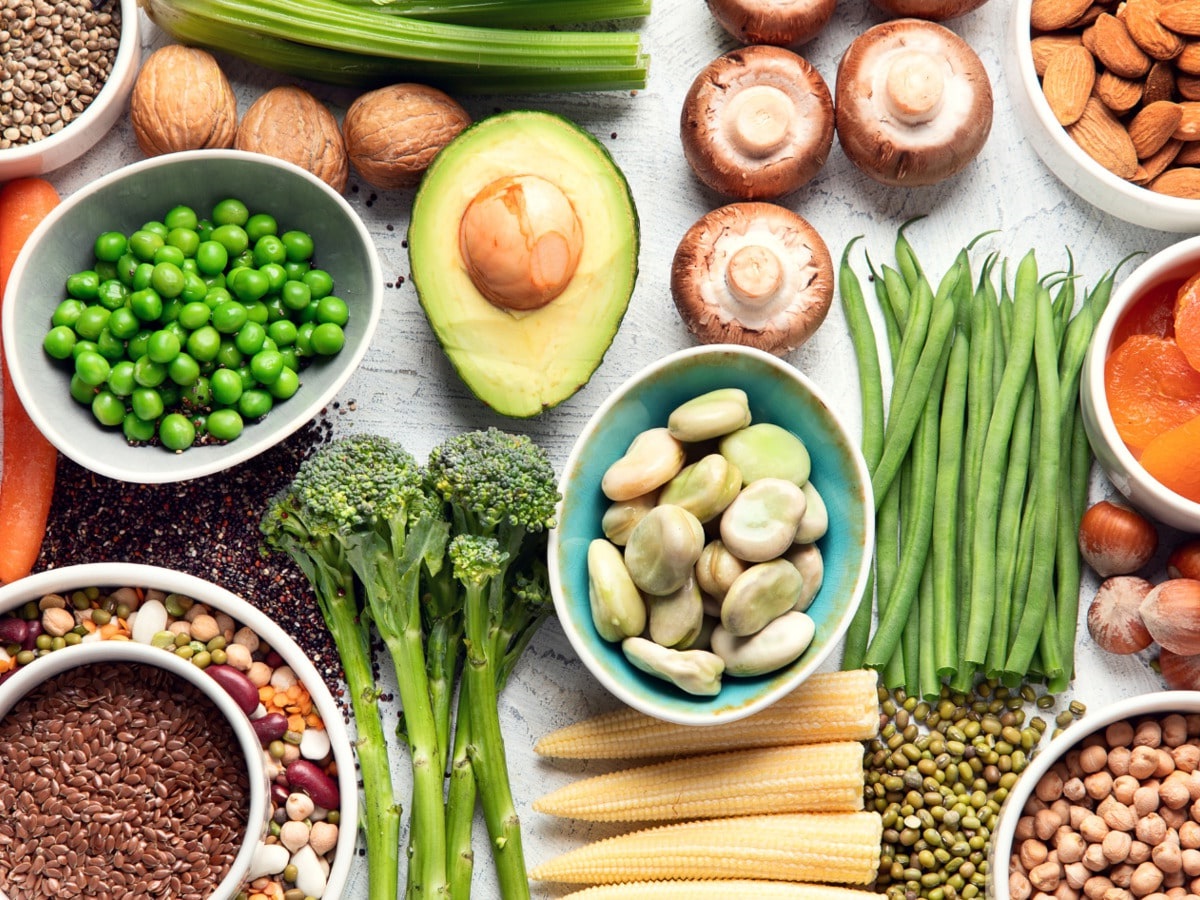
Dispelling the Myths: Plant-Based Eating, Demystified
Before we dive into the good stuff, let’s clear up some common misconceptions that might be holding you back.
Myth 1: Plant-Based = Automatically Healthy
Hold up! Just because something is labeled “vegan” doesn’t automatically make it a health food. Oreos, potato chips, and soda can all be vegan, but they’re hardly what you’d call nutritious. A plant-based diet can be just as unhealthy as any other if it’s filled with processed foods, sugar, and unhealthy fats. The key is to focus on whole, minimally processed ingredients like fruits, vegetables, whole grains, legumes, nuts, and seeds. Think of it like this: you wouldn’t consider a diet of candy and soda healthy just because it’s technically vegetarian, right?
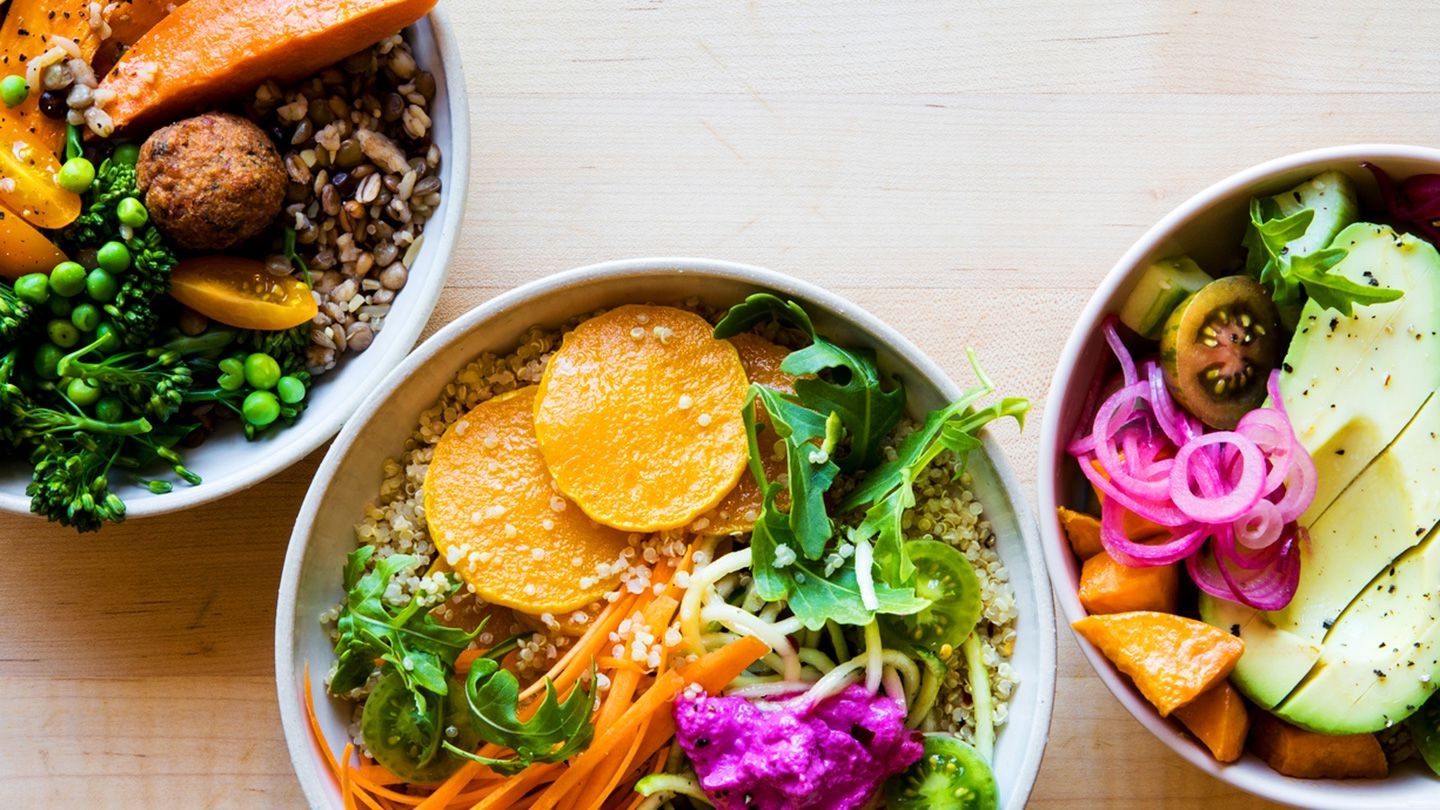
Myth 2: You’ll Be Missing Out on Key Nutrients
This is a common concern, and it’s understandable. Many people worry that plant-based diets lack essential nutrients like protein, iron, calcium, and vitamin B12. But with a little know-how, you can absolutely get everything you need from plants.
- Protein: You’ve got options galore! Beans, lentils, tofu, tempeh, edamame, quinoa, nuts, and seeds are all excellent sources of protein. You can even find complete proteins (containing all the essential amino acids) in combinations like rice and beans or hummus and whole-wheat pita bread.
- Iron: Leafy greens like spinach and kale, dried fruits like apricots and raisins, fortified cereals, and cooking with a cast iron skillet are all great ways to boost your iron intake. Pairing iron-rich foods with vitamin C (think citrus fruits, strawberries, or bell peppers) helps your body absorb the iron more efficiently.
- Calcium: Fortified plant milks (like almond milk or soy milk), tofu, leafy greens like bok choy and collard greens, and sesame seeds are all calcium-rich options.
- Vitamin B12: This one’s a bit trickier. It’s primarily found in animal products, so you’ll likely need a supplement or fortified foods like nutritional yeast, some plant-based milks, and certain breakfast cereals.
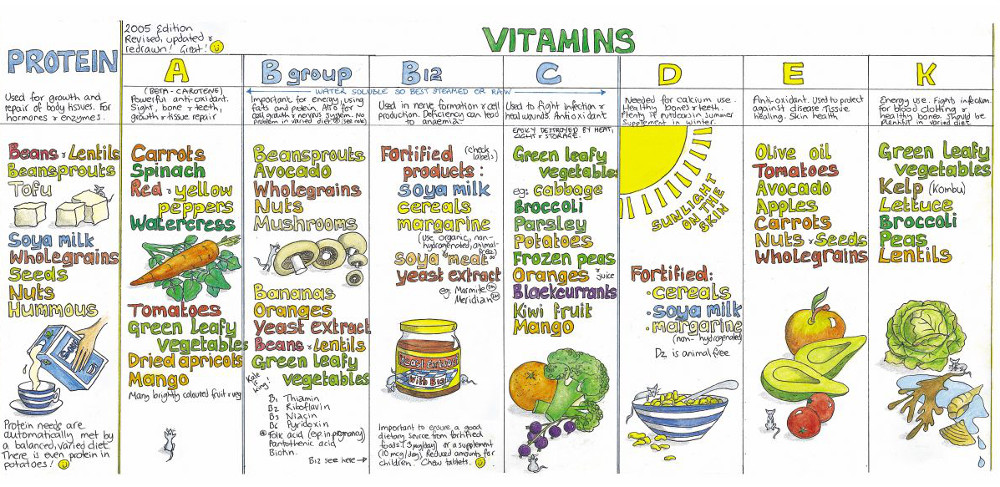
Myth 3: It’s Too Expensive and Inconvenient
This myth couldn’t be further from the truth. Some of the most affordable and versatile foods on the planet are plant-based staples. Think rice, beans, lentils, oats, potatoes, seasonal fruits and vegetables, and frozen produce. With a little planning and creativity, you can whip up delicious plant-based meals that are both budget-friendly and convenient. Batch cooking on the weekends, meal prepping your lunches, and keeping your freezer stocked with frozen veggies can be game-changers. You don’t need fancy ingredients or hours in the kitchen to eat well on a plant-based diet.
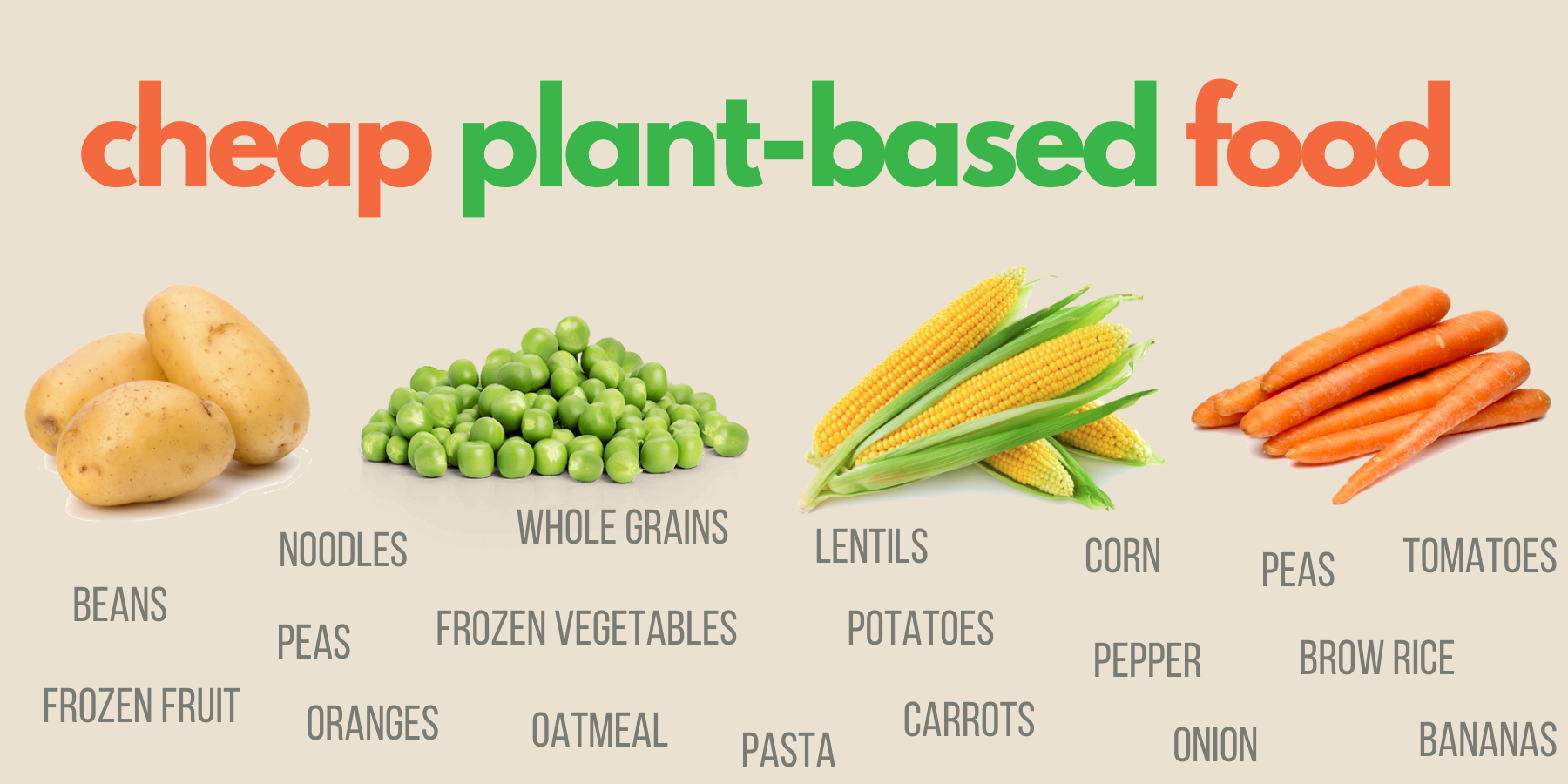
The Perks of Going Green: A Bounty of Benefits
Now that we’ve tackled the myths, let’s dive into the exciting world of plant-based benefits. These aren’t just anecdotal claims; there’s a growing body of scientific evidence backing them up.
- A Healthier Heart: Research shows that plant-based diets are linked to lower cholesterol levels, reduced blood pressure, and a decreased risk of heart disease. Think of it as giving your cardiovascular system a big hug!
- Diabetes Defense: Studies have found that plant-based eaters often have better blood sugar control and a lower risk of developing type 2 diabetes. This is due in part to the high fiber content of plant foods, which slows down the absorption of sugar into the bloodstream.
- Cancer Prevention: While more research is needed, some studies suggest that certain plant-based foods may help protect against various types of cancer. This could be due to their antioxidant and anti-inflammatory properties.
- Weight Management Made Easy: Plant-based diets tend to be lower in calories and higher in fiber, making you feel fuller on fewer calories and aiding in weight management. It’s not a guaranteed weight loss solution, but it can certainly be a helpful tool.
- Vibrant Energy: Many people report feeling more energized and less sluggish after switching to a plant-based diet. This could be due to the abundance of vitamins, minerals, and antioxidants in plant foods.
- Glowing Skin: Plant foods are packed with nutrients that can help protect your skin from damage and promote a healthy glow. Antioxidants like vitamin C and beta-carotene are particularly beneficial for skin health.
- Environmental Hero: Let’s not forget the positive impact on the planet! Plant-based diets have a smaller environmental footprint than diets heavy in animal products. They require less land, water, and energy to produce, and they generate fewer greenhouse gas emissions. Choosing plants is a delicious way to show the Earth some love.
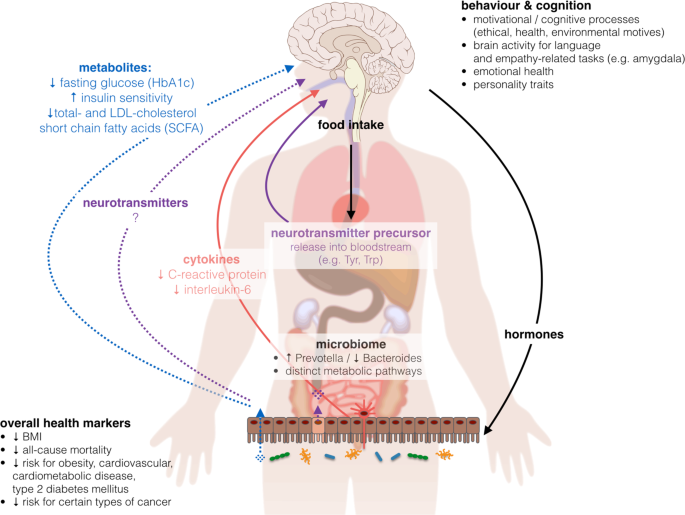
Crafting Your Plant-Powered Plate: A Step-by-Step Guide
Ready to embrace the plant-based goodness? Here’s a simple guide to get you started on the right foot:
- Embrace Variety: Don’t fall into the trap of eating the same salad every day. Explore the vast array of fruits, vegetables, grains, legumes, and plant-based proteins available. From hearty lentil stews to colorful stir-fries, there’s a world of flavors waiting to be discovered.
- Cook More at Home: This gives you control over ingredients and helps you avoid processed foods that might be lurking in pre-packaged vegan meals. Plus, cooking can be a fun and creative way to experiment with new recipes.
- Plan Your Meals: A little planning goes a long way. Create a weekly menu, make a shopping list, and prep some ingredients ahead of time. This will save you time, money, and stress on busy days.
- Learn New Recipes: There are countless delicious plant-based recipes out there, just waiting to be explored. Check out cookbooks, blogs, and websites dedicated to plant-based cuisine. You might be surprised by how easy and flavorful it can be.
- Don’t Be Afraid to Experiment: Try new ingredients and flavor combinations. Maybe you’ll discover a new favorite vegetable or spice blend that you never would have tried otherwise.
- Listen to Your Body: Pay attention to how different foods make you feel. Some people thrive on a completely vegan diet, while others prefer a flexitarian approach (mostly plant-based with occasional animal products). Find what works for you and don’t be afraid to adjust your approach as needed.

The Bottom Line: A Plant-Based Diet Can Be a Game-Changer
The evidence is clear: a well-planned plant-based diet can be a powerful tool for improving your health, protecting the planet, and even expanding your culinary horizons.
So, is it all hype? Absolutely not. But is it a magic bullet? Not necessarily. The key is to approach it with knowledge and a willingness to experiment. By focusing on whole, unprocessed foods, getting enough key nutrients (with a little help from supplements if needed), and listening to your body, you can create a sustainable and enjoyable plant-based lifestyle that truly nourishes you.
Are you ready to take the plunge? The world of plant-based eating awaits! With delicious flavors, exciting recipes, and a whole host of benefits, it might just be the best decision you make for yourself and the world around you.

Hello, I’m Elaria Jackson, the author behind Vegan Castle. I have a background in Nutrition Science and Culinary Arts. I’ve studied the benefits of a plant-based diet and its impact on health and the environment. I’ve attended various vegan cooking courses and workshops. Through Vegan Castle, I share easy weeknight meals and decadent desserts. I aim to be a valuable companion on your vegan journey.

